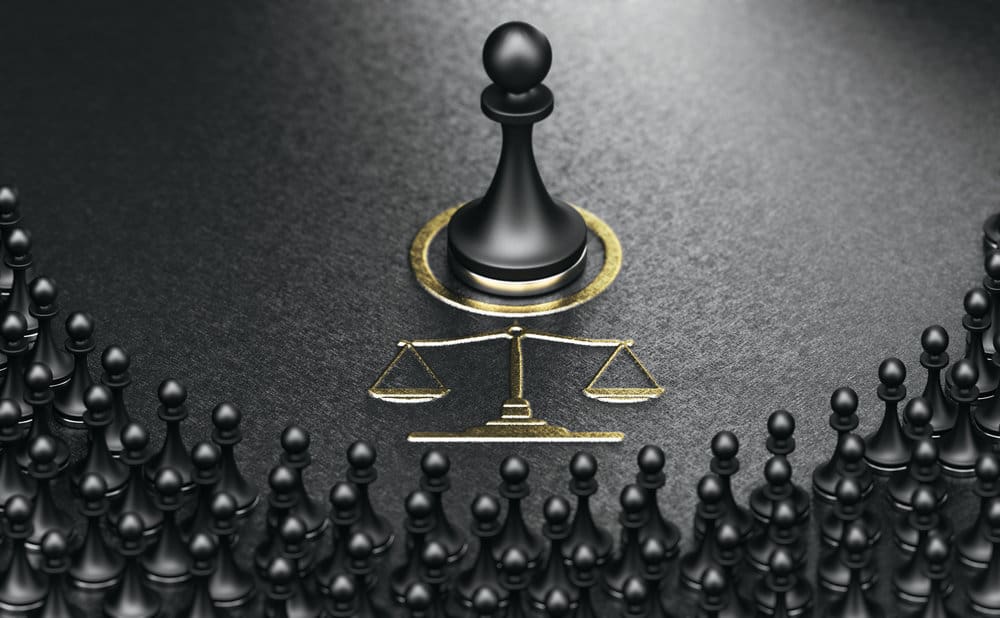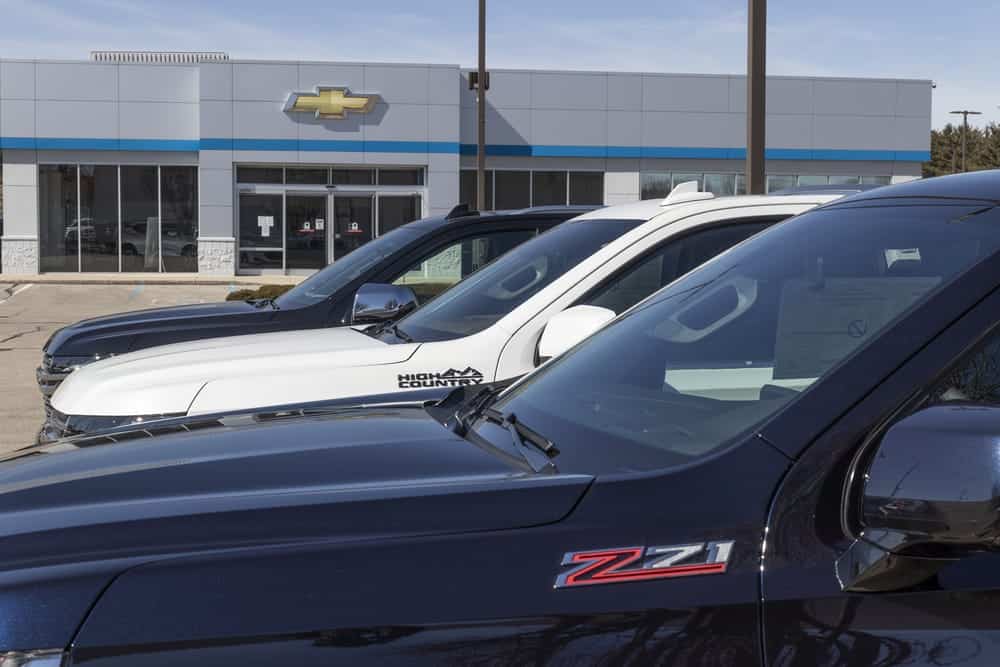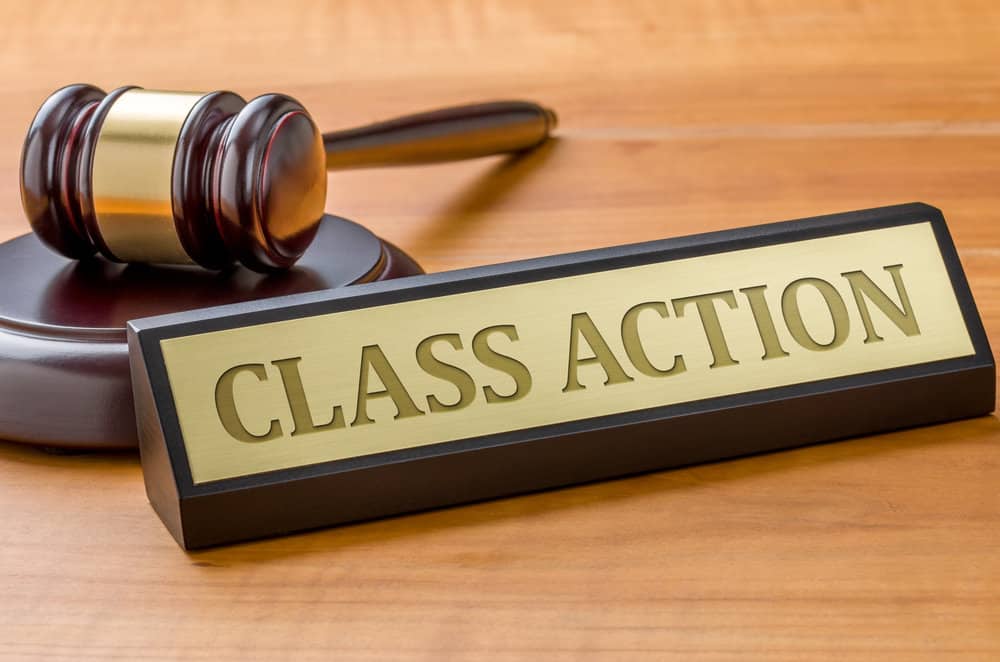Class action lawsuits can reach substantial settlement amounts shared among the members of the class represented by one or many plaintiffs.
To date, the largest class action settlement was the payout of $206 billion in 1998, known as the Tobacco Master Settlement Agreement. Unlike most traditional class actions, this one included the participation of attorney generals from 46 states. The defendants also agreed to make annual payments of $9 billion annually for 25 years.
Whether the individuals of the class action are customers, patients, investors, or employees, they provide them with the benefit of cost-effective and expeditious litigation and even pre-trial settlements.
1. Bank of America Acquisition of Merrill Lynch – $2.4 Billion Settlement
In 2013, a New York federal judge issued the final approval for a $2.4 billion class action lawsuit settlement to investors over the Bank of America’s $50 million acquisition of Merrill Lynch in 2008. In the lawsuit, investors accused the Bank of America of making misleading statements about the financial positions of both companies before the buyout.
At the time, Merrill Lynch was in serious trouble because it was operating at a loss, and Lehman Brothers was about to declare bankruptcy. Unfortunately, the BofA also allowed the executives at Merrill Lynch to distribute bonuses before the deal’s completion.
The deal almost single-handedly pushed through by the CEO of BofA, Ken Lewis, led him to step down in 2009. Some of the lead plaintiffs included public pension funds from Ohio and Texas. The settlement amounted to about $0.43 per share for investors.
According to the Seven Pillars Institute, several ethical issues arose from this merger. Still, the most important was that Lewis didn’t inform his shareholders of the conditions at Meryll Lunch while also allowing the payment of the bonuses. Since the settlement, BofA has instituted changes to its corporate governance policy to improve shareholders’ transparency.
2. Actos Diabetes Drugs – $2.4 Billion Settlement
In April 2015, a federal judge in Louisiana announced that Takeda Pharmaceutical, the Japanese drug company, agreed to pay $2.4 billion to settle claims in a lawsuit for its Type 2 diabetes drug Actos.
Takeda concealed the safety risks and failed to warn patients of the dangers of extended use, including bladder cancer. According to Drugwatch, the company settled approximately 9,800 claims and made extra funds available for people with severe effects.
FDA-approved Actos hit the mass market in 1999, becoming one of the most successful medications for regulating blood sugar levels. However, the company knew about its link to bladder issues before 2011 and was asked by the FDA to conduct further studies and to revise its label to warn users of the risk of taking the drug for longer than a year.
The lesson learned is that drug manufacturers cannot conceal information about medication risks. They must warn doctors and patients.
3. Foreign Exchange Price Fixing – $2.3 Billion Settlement
In 2015, the parties of a consolidated class action lawsuit over a foreign exchange price-fixing conspiracy in a federal court in New York informed of a $2.3 billion settlement. The plaintiffs, which included private investors and hedge fund managers in the U.S. and Europe, accused several major financial institutions of manipulating the foreign exchange market for several years until 2013. Several large banks agreed to pay, including Bank of America, Barclays, Citigroup, Deutsche Bank, Goldman Sachs, HSBC, Morgan Stanley, and JPMorgan Chase.
The banks defied the antitrust laws that promote free and fair competition with their price-fixing. The banks who manipulated the FX market ignored the rules created to prevent colluding or monopolies.
4. Toyota “Unintended Acceleration” – $1.2 Billion Settlement
In 2014, Toyota, the car manufacturer, agreed to pay $1.2 billion to avoid a trial for covering up the safety issues affecting its vehicles. The company continued to use faulty parts that caused “unintended acceleration,” disregarding the public’s safety.
Toyota owners brought the class action after federal investigators started probing the causes of the acceleration problems, which Toyota blamed on the floor mats.
At the time, the payment was the largest fine ever paid in the auto industry. Besides the penalty, Toyota has also settled hundreds of confidential claims against them.
Toyota was forced to admit that it misled the public with deceptive statements to try and conceal the problems with its parts. They failed to recall the vehicles using the parts and continued manufacturing new ones using the same parts. ABC News quoted FBI Assistant Director George Venizelos in 2014: “They put sales over safety and principle,” a corporate culture that they have to unlearn to regain consumer trust.
5. Facebook Data Breach – $750 Million Settlement
In December 2022, Meta, Facebook’s parent company, agreed to settle a class action lawsuit. The final hearing to approve the $750 million is set for September 7th in the Northern District Court of California.
The company continues to deny any liability for sharing or making data accessible to third parties. It also denies that the Cambridge Analytica scandal was a security breach. The lawsuit stemmed from the 2018 revelations that Cambridge Analytica accessed the personal information of an estimated 87 million American Facebook users without permission to build voter profiles that they used in the 2016 presidential campaign by Donald Trump.
The New York Times reported recently that claimants who used Facebook between May 2007 and December 2022 have until August 25th to apply.
Consumers want to have a choice about how companies use their data. Even though providing data to social media and companies provides convenience for consumers, it also gives businesses insights and advantages. However, they also pose a risk for both. Companies have a huge responsibility to protect that data from being misused, a lesson Meta will pay dearly to have learned.
Tips for Consumers
These class action lawsuits exemplify how companies have been held accountable for their negligence. Knowing your rights and watching for potential violations is important as a consumer. If you ever suspect that a company is acting irresponsibly or violating the law in any way, contact an attorney who specializes in class action suits to see if you qualify as a plaintiff. Additionally, check out organizations like the Seven Pillars Institute, which can help inform and educate consumers on their rights.
Final Take
Learning about the top five class actions of the decade may leave you wondering what the total damages each person received. The proceeds from a class action lawsuit can be from a few dollars to millions, depending on the sum deemed by the courts, the severity of the issue, and the number of people the plaintiffs represent. Lawyers get a percentage of the amount, and the people impacted the most by the action may receive more damages.
Frequently Asked Questions
What is a class action lawsuit?
A class action lawsuit is when a group of people, usually called “class members,” come together to bring a complaint against a defendant. In most cases, the plaintiff or plaintiffs claim that the defendant has acted illegally or unfairly and is seeking financial compensation for any damages caused by this behavior. Class action lawsuits can be filed in either state or federal court.
Are there any examples of class action lawsuits?
Yes. Some well-known class action lawsuits include the Ladder Cancer case from 2011, Foreign Exchange Price Fixing from 2015, Toyota’s “Unintended Acceleration” case from 2014, and the Facebook Data Breach case from 2022. Each of these cases had a major impact on the company and resulted in fines or large settlements for those affected.
What tips should I be aware of when filing a class action lawsuit?
Researching your claim before filing a class action lawsuit is important to understand how the law applies to your situation. Additionally, it is essential to find an experienced attorney specializing in this type of litigation since they can provide expert legal advice throughout the process. Lastly, document any evidence supporting your case, as it could help strengthen your argument against a defendant.



